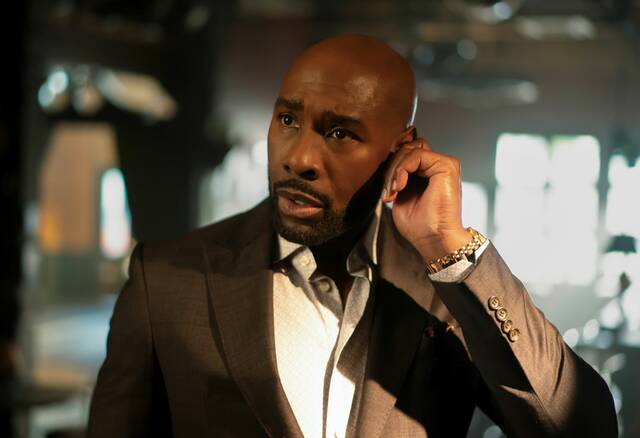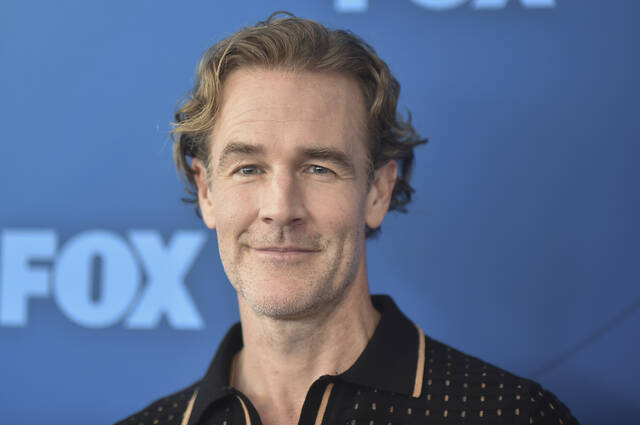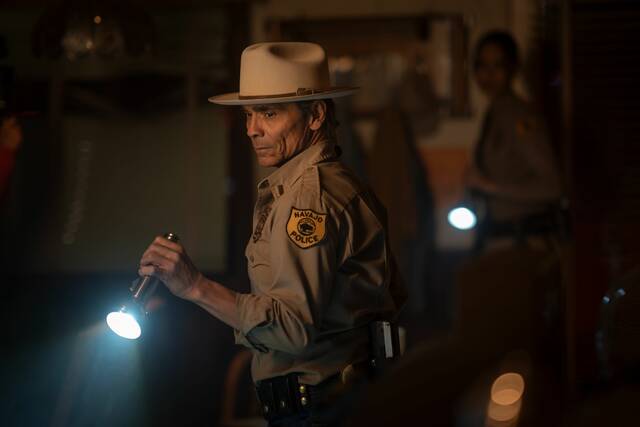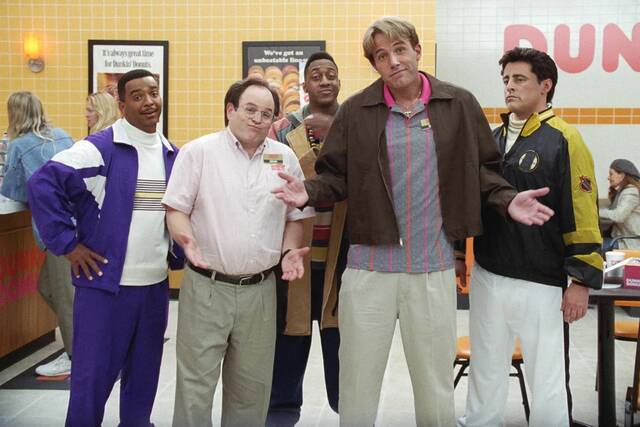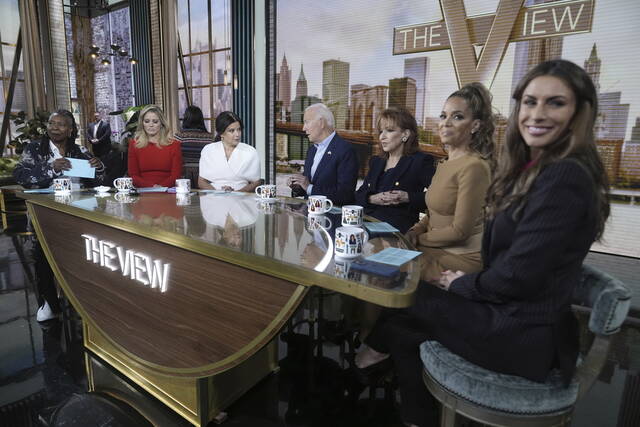Trib Total Media TV writer Rob Owen answers reader questions every Wednesday at TribLive.com in a column that also appears in the Sunday Tribune-Review.
Q: I am watching “Watson” on CBS, which is set at a leading research hospital in Pittsburgh. In the Nov. 10 episode, they talked about the Rachel Carson Bridge and willfully misstated it as the Fourth Street Bridge. Why would that do that? It’s easily verifiable. I’m screaming at the TV, I’m so mad.
— @amygracewriter.bluesky.social
Rob: I received several variations of this question the morning after this “Watson” episode aired, so I asked Pittsburgh native Craig Sweeny, “Watson” creator/showrunner, who was also credited with writing the teleplay for this particular episode, what happened.
In the episode, a patient in a persistent vegetative state who wrote a blog about the history of Pittsburgh bridges was discovered to be aware and conscious. Watson and his team tested him by asking which street runs over the Rachel Carson Bridge. The patient blinked four times and Watson’s team exclaimed that was the correct answer, Fourth Street. In reality, of course, it’s Ninth Street.
Sweeny’s response makes a lot of sense given the high-stakes world of prime-time TV and the effort to hold an audience.
“It’s creative license because you can’t watch someone blink nine times on TV without turning the channel,” Sweeny explained. “We have, I hope, a good record with our local details. That was a conscious decision, but as always, I regret anything that distracts from the story.”
Regardless, this may have been the best episode of “Watson” this season for the way the multiple stories intertwined, and viewers began to learn more about why Sherlock Holmes (Robert Carlyle) has returned (from being presumed dead) to spend time with Watson (Morris Chestnut) in Pittsburgh.
In the episode, Holmes praises Pittsburgh for having a sense of its own history and a “commendable lack of pretension.”
Q: Why don’t local TV anchors and field reporters get together on pronunciations of area towns, neighborhoods, etc.?
I see this on newscast after newscast: Anchor uses Pittsburghese and field reporter uses another pronunciation (many times the correct one) or vice versa. Seems like a good way to pick who is the Yinzer born and raised and who is a transplant from elsewhere.
Is there no one at the stations whose job it is to get them on the same page? Why don’t they decide we’re going with one or the other?
Examples:
Pittsburghese: “North Ver-sales.”
Actual: “North Ver-sigh” for North Versailles.
Pittsburghese “Lower Berl.”
Actual: “Lower BurrEL” for Lower Burrell.
Pittsburghese: “DahnTahn.”
Actual: Downtown.
— Dave, Pittsburgh
Rob: While I agree it makes sense for everyone to be on the same page with the local pronunciation of proper noun specific locations (North Versailles, Lower Burrell), to me it would seem like an odd affectation to apply that to something more generic (“downtown”), which can come out differently as the result of a regional dialect. The idea of a new-to-town reporter putting on an accent to say “dahn-than” just seems weird.
As for whose job it is to get newcomers up-to-speed on local oddities of proper noun names, that seems like a necessary team effort among station producers and the videographers who are most likely to be in the field when a newbie reporter botches the pronunciation of the name of a borough or township.
Q: We sometimes miss Thursday shows on CBS because we’re watching hockey instead. We always see these shows later via Verizon FiOS TV’s on demand. From Nov. 6, we saw “Ghosts” and “Elsbeth” on demand. All the shows are free. “Matlock” was only available for purchase. The first four weeks of the new “Matlock” season were free, but not this week. Any idea what is going on?
— Chuck, Pittsburgh
Rob: Unless there has been a change in the model — and I don’t think there has been — Chuck is right that shows should not cost extra to watch on demand in the few days after their linear premiere. But we’ve seen this happen before and I suspect this was a coding error on Verizon’s part. Verizon representatives did not respond to my inquiry.


